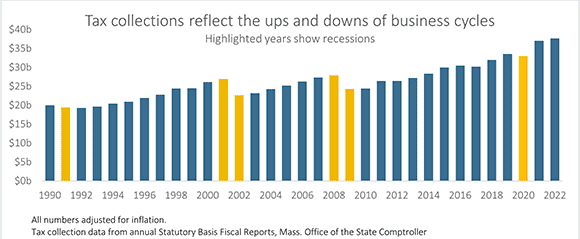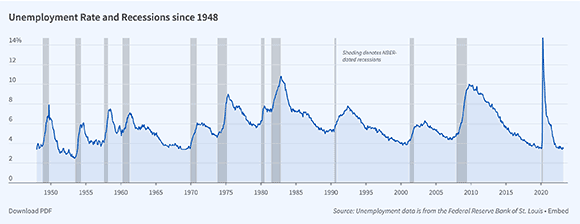(The opinions and views expressed in the commentaries and letters to the Editor of The Somerville Times belong solely to the authors and do not reflect the views or opinions of The Somerville Times, its staff or publishers)

By State Senator Pat Jehlen
One of the main reasons given for cutting taxes is that we have a surplus. See, for example, the way Priorities for Progress framed its polling question:

Do we have a surplus?
I can’t give a better answer than MassBudget in “When a Surplus is not Extra:”
A surplus means revenues were higher than predicted. If estimates in January are pessimistic, and returns are greater than expected – usually because people are more prosperous than projected – there is a “surplus.” It doesn’t mean we’ve funded all the things people want. Every day we receive requests from constituents and organizations for added funding for housing, health care, mental health … House members filed 1500 amendments, mostly increasing spending in areas their constituents consider important.We had more money last year, when House and Senate both approved about $500 million in tax cuts. Those cuts were never finalized, after the discovery of the 1986 law, 62F. That law required sending refunds of $3 billion to taxpayers. So now we have $3 billion less available.
The big problem: Tax expenditures are immortal
Tax cuts credits and similar reductions in revenue are also called tax expenditures, because they commit state resources and you can’t spend money twice.
But spending on programs, infrastructure, local aid, etc. have to be voted on every year, so every year we can – in most cases – increase or cut them.
However, tax expenditures and tax reductions are mostly immortal. Once approved, they continue forever unless we take the initiative to end them.
When we hit tough times, like a recession, the need for funds for food and housing assistance goes up. But revenue drops (Graph from MassBudget)

With inadequate revenue to maintain programs at their previous level, we’re much more likely to cut spending (or increase it less than inflation) than to raise taxes. For example, adjusted for inflation, local aid has never recovered from cuts made in the recession of 2001.
Is a recession possible or even likely?
Massive federal aid to individuals, the state, municipalities and businesses helped us survive the pandemic. But now, many people, including the Federal Reserve, expect a mild recession later this year. (Graph from National Bureau of Economic Research.). In any case, it’s unlikely we’ll never have another.
Federal funds are running out and drying upAaron Michlewitz, chair of the House Committee on Ways and Means, commented on the revenue estimate this year :
“Throughout these unprecedented times, the commonwealth has seen historic highs in terms of our revenue numbers. One of the main drivers of this has been the unprecedented amount of assistance the federal government has given,” Michlewitz said. “Unfortunately, this level of support is not permanent and, going forward, we must keep that in mind as we plan for the future of the commonwealth.”
As always, I really appreciate your comments!

















Reader Comments